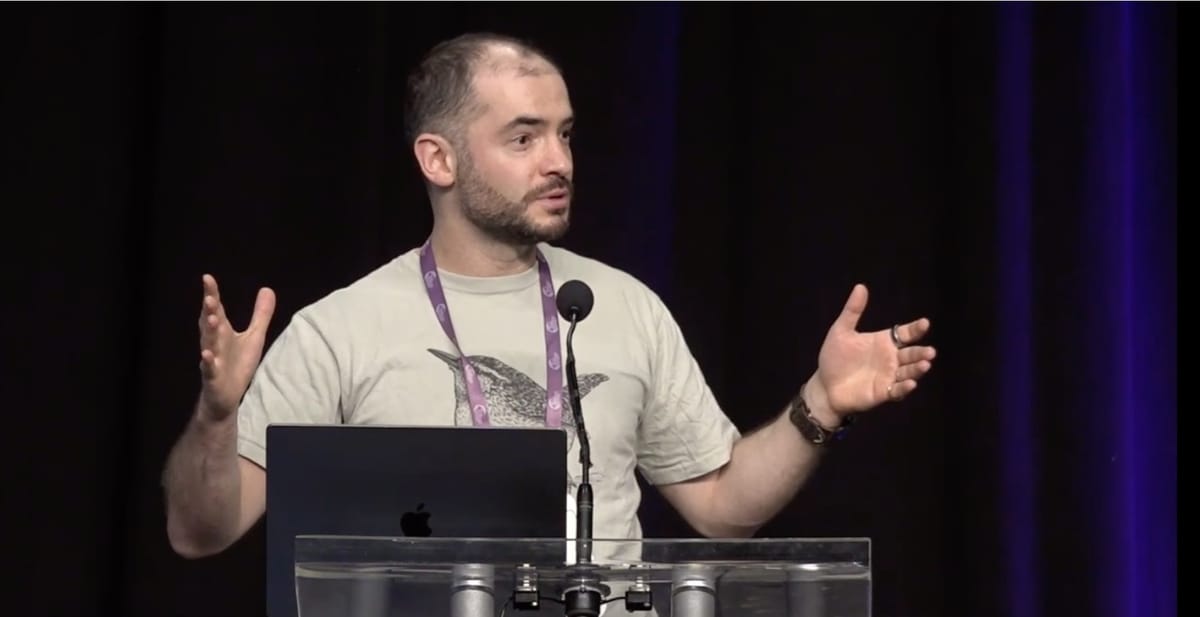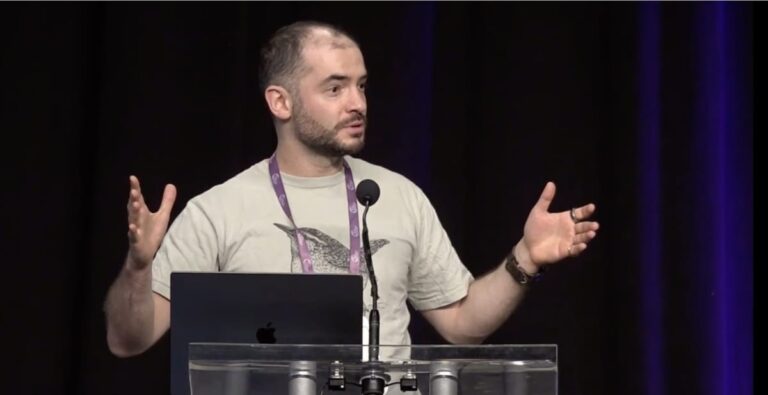
Ilya Satskeva, former principal scientist at OpenAI, warns that we are reaching “peak data” and the future of more autonomous inference AI systems could fundamentally change the way artificial intelligence is developed. It outlines.
Important points:
Sutskever predicts that current pre-training methods will become obsolete due to finite training data, likening it to AI’s “fossil fuels.” Future AI systems will be truly “agent-like” and capable of reasoning. , which will be more unpredictable than current models, he draws parallels between scaling AI and evolutionary biology, where the field can take new approaches beyond current pre-training methods. suggests that it is possible to discover
In a rare public appearance since leaving OpenAI, Sutskever painted a grim picture about the future of artificial intelligence at the Neural Information Processing Systems Conference (NeurIPS) in Vancouver. The founders of The Safe Superintelligence Inc.’s message was clear. The AI industry is approaching a critical juncture where traditional training methods are no longer sufficient.
Sutskever, who is known for his fundamental research in deep learning, argues that we have reached “peak data,” a threshold that will force the industry to evolve beyond current pre-training methods. “We only have one Internet,” he told the audience, drawing parallels between training data and fossil fuels. Both are finite resources that cannot sustain infinite growth.
The limit is not on computing power. Computing power continues to advance through improvements in hardware and algorithms. Rather, the most significant constraint is the lack of new, high-quality training data. This reality check comes at a time when the industry relies heavily on large datasets to train increasingly powerful AI models.
Looking to the future, Sutskever envisions AI systems that can operate more autonomously and employ true reasoning capabilities. This is very different from today’s pattern matching approaches. “The more reasons there are, the more unpredictable they will be,” he warned, likening future AI systems to chess programs whose moves could surprise even grandmasters.
Based on evolutionary biology, Dr. Sutskever highlighted how human ancestors developed a unique pattern in brain-to-body mass ratio compared to other mammals. He suggested that just as evolution has discovered new pathways for cognitive development, AI may similarly need to discover new scaling approaches beyond current pre-training methods.
When asked about the impact of more autonomous AI systems, Sutskever remained cautiously optimistic. “That’s probably fine,” he said in response to a question about AI rights and coexistence with humans. “I think things are incredibly unpredictable. I hesitate to comment, but I encourage speculation.”
This talk marks a major shift in perspective from one of the pioneers of deep learning, suggesting that the next breakthrough in the field will not come from bigger models or more data, but from fundamental changes to how AI systems learn and reason. suggested the possibility of new approaches.


